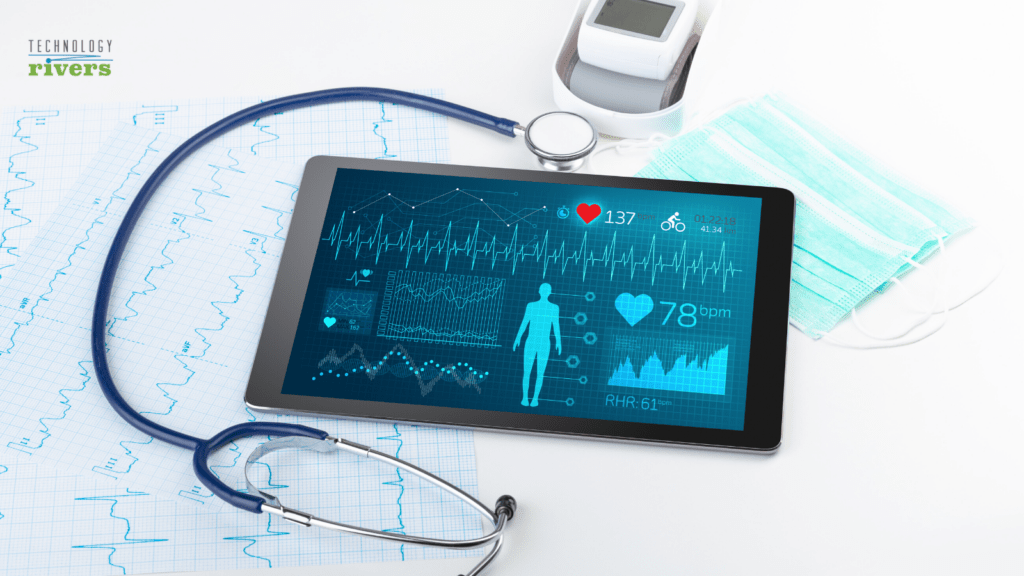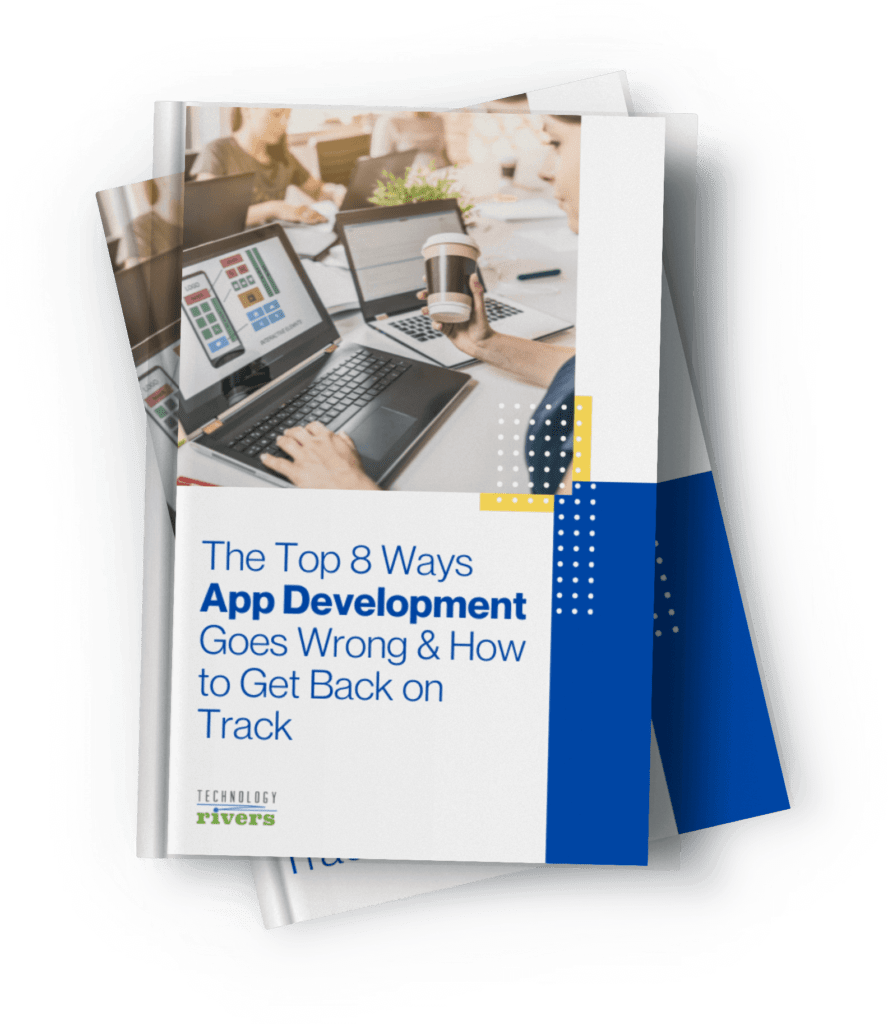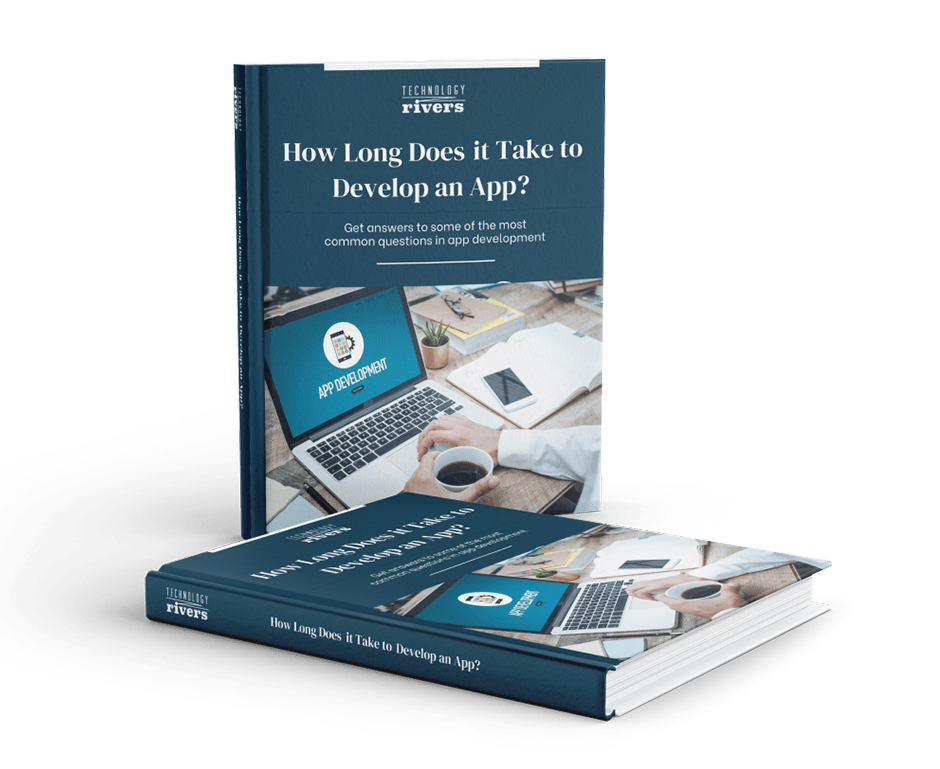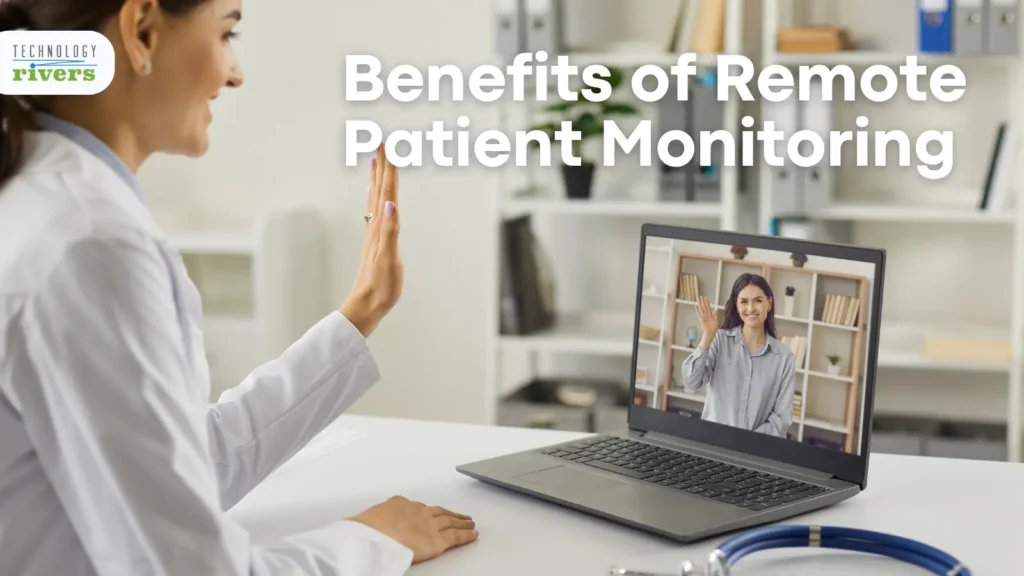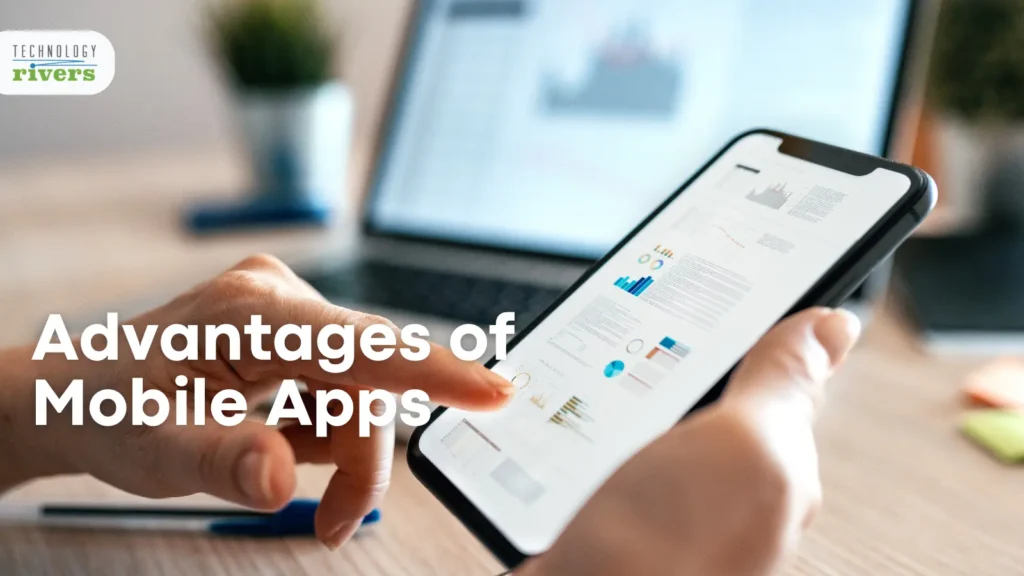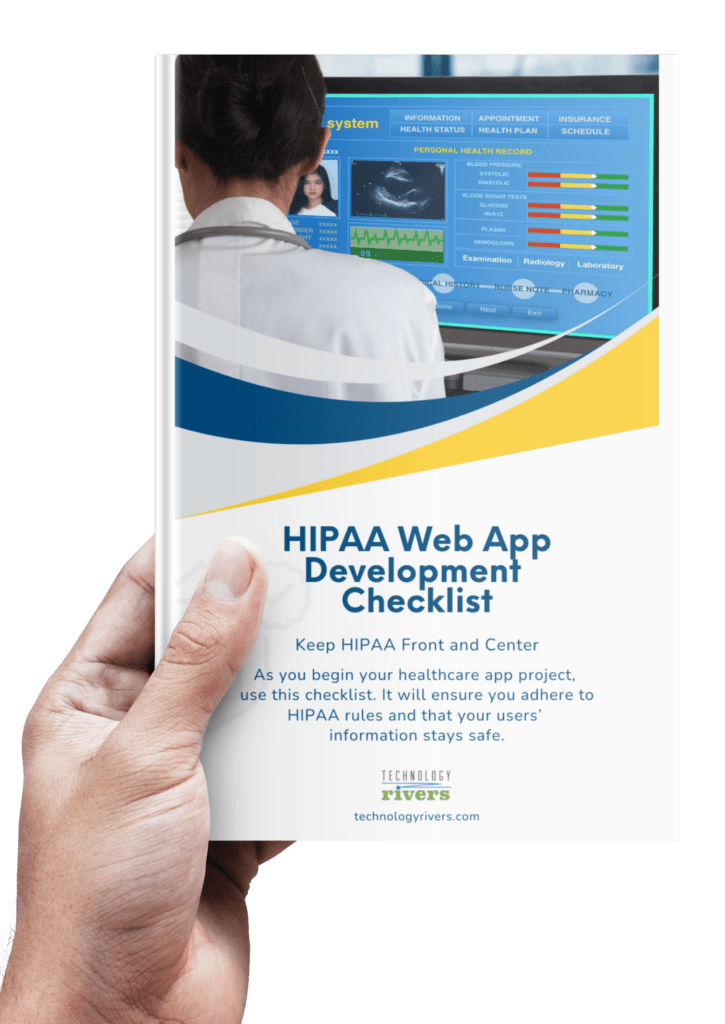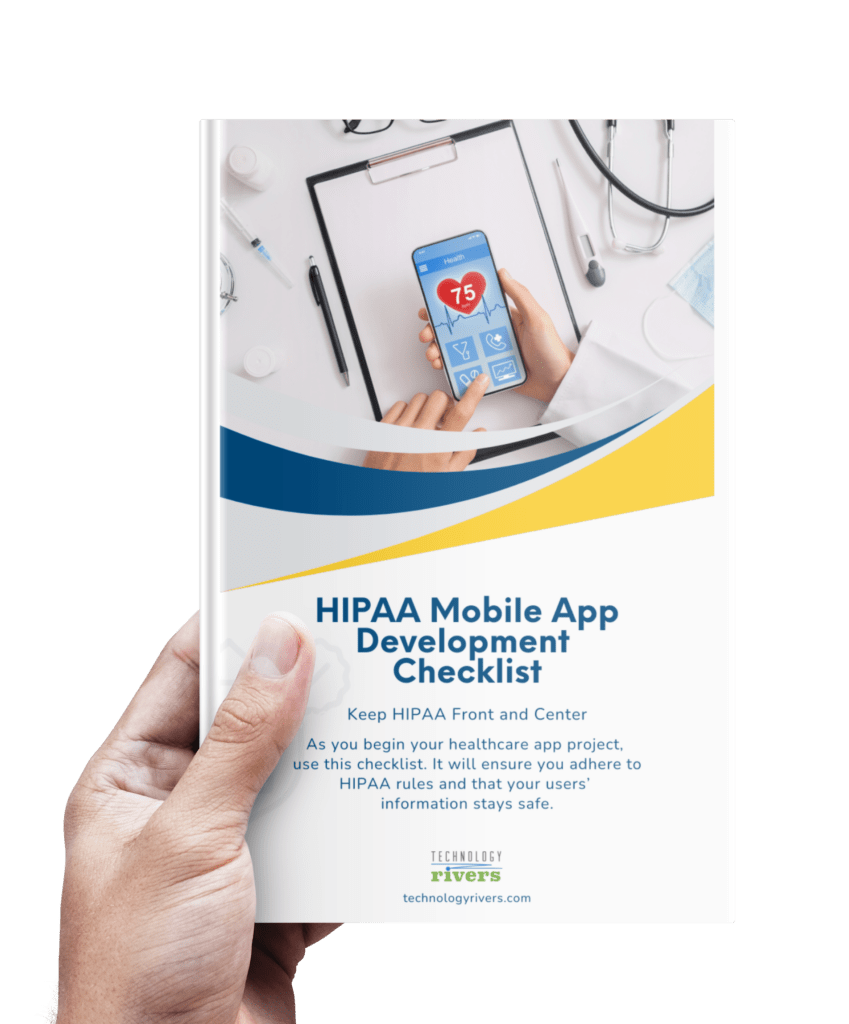Artificial intelligence (AI) and machine learning have transformed many industries, and the healthcare industry is no exception. In fact, Investment in AI technology is increasing as it becomes more precise and effective. Investors bank-rolled $4 billion in AI healthcare startups in 2019, according to Fierce Healthcare. This investment could lead to improved patient health and reduced medical expenses.
Healthcare providers are now using Artificial Intelligence and machine learning to improve patient outcomes, make processes smoother, and save money. They’re able to do this because they have more data and better computer programs to help them out.
Machine learning algorithms and data-driven insights are enabling healthcare providers to deliver more accurate diagnoses. They can also predict outcomes and improve patient outcomes.
Artificial Intelligence and Machine Learning are transforming healthcare services. Join us as we delve into the promising future of AI in healthcare.
AI and Machine Learning in Healthcare
Artificial Intelligence is a branch of computer science that enables machines to do tasks that usually need human intelligence — like visual perception, speech recognition, decision-making, and language translation.
Artificial Intelligence is used in healthcare to analyze large amounts of data. It can identify patterns, detect anomalies, and reveal trends that can be used to inform clinical decisions.
Machine learning is a subfield of Artificial Intelligence. It uses algorithms to learn from data, identify patterns, and make predictions. This is done without explicit programming.
Machine Learning (ML) enables healthcare providers to analyze large datasets. This includes patient history, lab results, medical imaging, and genetic data. With ML, healthcare providers can develop personalized treatment plans, predict outcomes, and prevent disease.
The Future of AI in Healthcare
As AI and ML continue to evolve, so does the potential for improving healthcare services. Here are some ways Artificial Intelligence is changing the landscape of healthcare:
Personalized Medicine
One of the most significant advantages of AI and ML in healthcare is the ability to provide personalized medicine. AI algorithms can analyze a range of data, including medical history, genetics, lifestyle, and more. This information is used to create personalized treatment plans that fit the patient’s individual needs.
This approach can improve patient outcomes and reduce healthcare costs by avoiding unnecessary treatments and procedures.
Medical Imaging

Artificial Intelligence can analyze medical images, like X-rays, CT scans, and MRI scans. It can identify anomalies and diagnose diseases more accurately and quickly than traditional methods. This approach can help doctors detect diseases at an earlier stage, which can improve patient outcomes and save lives.
AI and ML can aid in automating the analysis of medical images. This process allows healthcare providers to diagnose and treat patients more quickly and effectively.
Drug Discovery
AI and ML can also play a significant role in drug discovery. Pharmaceutical companies can leverage AI and ML algorithms. They can analyze large sets of data to identify potential drug candidates. Furthermore, they can use these algorithms to predict the efficacy and safety of these drug candidates.
Pharmaceutical companies can develop new drugs faster and at a lower cost with this help. This could result in improved patient results and reduced medical expenses.
Predictive Analytics
AI and ML can analyze patient data to predict their likelihood of developing certain diseases or conditions. Predictive analytics can help healthcare providers and improve the healthcare system as a whole. They can identify patients who are at risk for readmission. This allows providers to intervene before the patient’s condition worsens.
Telemedicine
Artificial Intelligence can help with telemedicine in a variety of ways. It offers virtual consultations, remote patient monitoring, and real-time data analysis. Additionally, Artificial Intelligence can assist with time-consuming administrative tasks.
Patients in remote or underserved areas and those who cannot travel can benefit from improved access to healthcare services. This access can be provided without the need for travel to healthcare facilities.

Challenges of AI in Healthcare
While the potential for AI in healthcare is immense, there are also some challenges that need to be addressed. These include:
Data Privacy and Security
The use of Artificial Intelligence in healthcare requires access to sensitive patient data, which must be protected from unauthorized access or use. Healthcare providers need to implement robust security measures to safeguard patient data and comply with regulatory requirements.
Developing top-tier healthcare solutions require careful adherence to healthcare regulations. These include massive compliance laws like The Health Insurance Portability and Accountability Act (HIPAA).
Bias and Discrimination
AI algorithms can be biased due to the data they are trained on. If the data is not representative of the intended population, then the algorithm will be biased.
This can lead to discrimination and unequal access to healthcare services. So healthcare providers need to ensure that their AI systems are designed to be fair and unbiased.
Ethical Considerations
The use of AI in healthcare raises ethical questions about privacy, consent, and the role of healthcare providers. Healthcare professionals must create ethical rules for using AI in healthcare. They must also make sure that patients understand how their data is being utilized.
What Are Your Thoughts About AI in Healthcare?
The future of AI in healthcare is bright, and the potential for improving healthcare services is immense. AI and ML algorithms are constantly evolving. This allows healthcare providers to deliver more accurate diagnoses and predict outcomes. As a result, patient outcomes can be improved.
AI in healthcare organizations presents exciting potential for improving patient outcomes and reducing healthcare costs. Despite the challenges, this field has immense promise.
Healthcare providers must design AI systems that are fair and unbiased. They must also implement strong security measures to protect patient data. Additionally, they must meet regulatory requirements.
Whatever your opinion on the power of AI, it is undeniable that it is transforming our lives. To remain competitive in today’s fast-paced digital environment, improvements, especially in the healthcare industry are essential.
It is important for everyone involved in the healthcare industry to follow health regulations. This includes healthcare providers, as well as those developing software to revolutionize the industry. All software must be HIPAA-compliant.
Do you have a software idea related to AI in healthcare?
If so, contact us now to be part of the future. We have the knowledge and experience to help you build your software. Schedule a free consultation, or reach out to me directly on LinkedIn.


